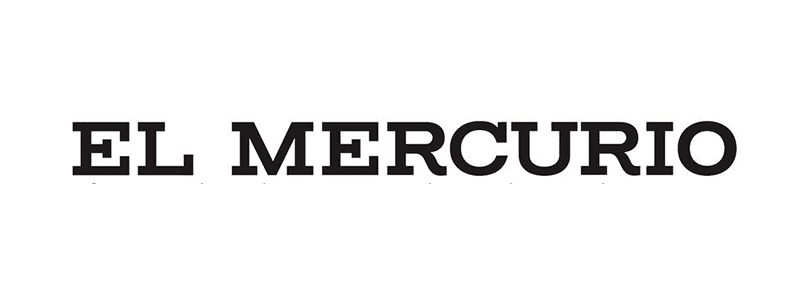The government program of the Popular Unity contemplated forty measures for the first one hundred days of its term. One of these measures was “the end of speculation”, followed by the promise, “we will drastically punish economic crime” (Cuevas, G.: “El Proyecto Histórico de la Unidad Popular”, 1988, pp. 112-116). The main jurist of that government, Eduardo Novoa Monreal, tried to define what should be understood by economic crime, outlining a concept based on the premise of previously identifying the protected legal right, guided by the analysis of different foundational points of relevance for the comparative doctrine of his time and which were traceable to the controversies that had been aired since the VI International Congress of Criminal Law held in Rome, in which the protection of economic public order was a central discussion.
Thus, Novoa approached the problem by focusing first on establishing the contours of economic law, from which he supported his position in favor of a moderate modernizing expansion of criminal law with regard to the legal regulation of the economy. In Novoa’s words, the legal good behind economic crime was the “legislatively recognized” economic public order. However, the UP Government’s draft Law on Economic Crimes was finally shipwrecked in 1972 (Sepulveda, A.: “La Unidad Popular”, 2020, p. 152) when, due to the complex economic situation that Chile was going through, the Government requested Congress to criminally prosecute hoarders in the context of the bill, which was rejected among other reasons because the majority of Congress had already corroborated the abusive use of DL-520, and in general the borderline unconstitutional use of mechanisms -or legal loopholes as they were called- to intervene private companies (Brahm, E. “La Ley de Delitos Económicos del Gobierno UP”, 2020, p. 152). (Brahm, E. “La perversión de la cultura jurídica chilena durante el Gobierno de la Unidad Popular: “Resquicios legales y derecho de propiedad”, 1999, pp. 335-349).
Today, fifty years after the UP, we are once again in this same discussion, but this time, with a Law on economic crimes in full force, which, along with bringing a system of determination of penalties typical of legislation for criminal organizations, brings its own mechanism-restriction in the matter of attribution of criminal responsibility. Indeed, if we study its reliable history, we can see how one of its drafters states with unusual frankness that the law contains a new mechanism, “smuggled in [sic]” (Commission Report, Boletín n° 13.205-07 and 13.204-07, p. 58) to: “…effectively make those who are higher up in the business organization that commits the crime responsible. [Although this] both in Chile and in comparative law is resisted. [Noting that this mechanism] is a way of attributing liability that may be used by judges”.
This mechanism seeks to underhandedly alter the rules for determining criminal liability in the form of “trolling”, so that the prosecuting body can hold the directors and senior executives of a company liable as perpetrators, even in cases that would qualify, without this rule, as circumstances of mere knowledge of the occurrence of the act without effective participation in it. This, in fact, is to give an alchemical effect to the mere knowledge of the occurrence of a crime within the company, mutating it into an act of participation in it. The foregoing belies the preaching that this law would only toughen the system of determining penalties, and is clear evidence that it seeks to alter the frameworks of attribution of responsibility, creating the structure for a differentiated prosecution that will undoubtedly lend itself to abuse.
It should be added that together with this rebirth of the mechanisms-restrictions, the law covers such a broad catalog of crimes that it denaturalizes the traditional notion of belonging to this family, which is why, in various opinion columns and in other academic instances, we have referred to the defects of this form of legislation. There is an erroneous and disproportionate criminal policy conception to address an issue that due to its importance for the economic functioning of the country should not be treated in terms of criminally regulating business activity according to the model of legislation for criminal organizations.
Fifty years after the UP our new Law on economic crimes goes much further than its program and Novoa Monreal himself intended, but the background is similar, hurting business activity -considered as dangerous- at the root of its decision making. Companies and entrepreneurship are seen as risk agents that endanger collective welfare or improvements, which would implicitly be contrary to the current economic public order. However, it is no trivial matter that the 1972 Congress realized the move at the time and acted accordingly. Will this Congress be willing to fix through legal reform the danger of the abusive use of this new mechanism of smuggling?



